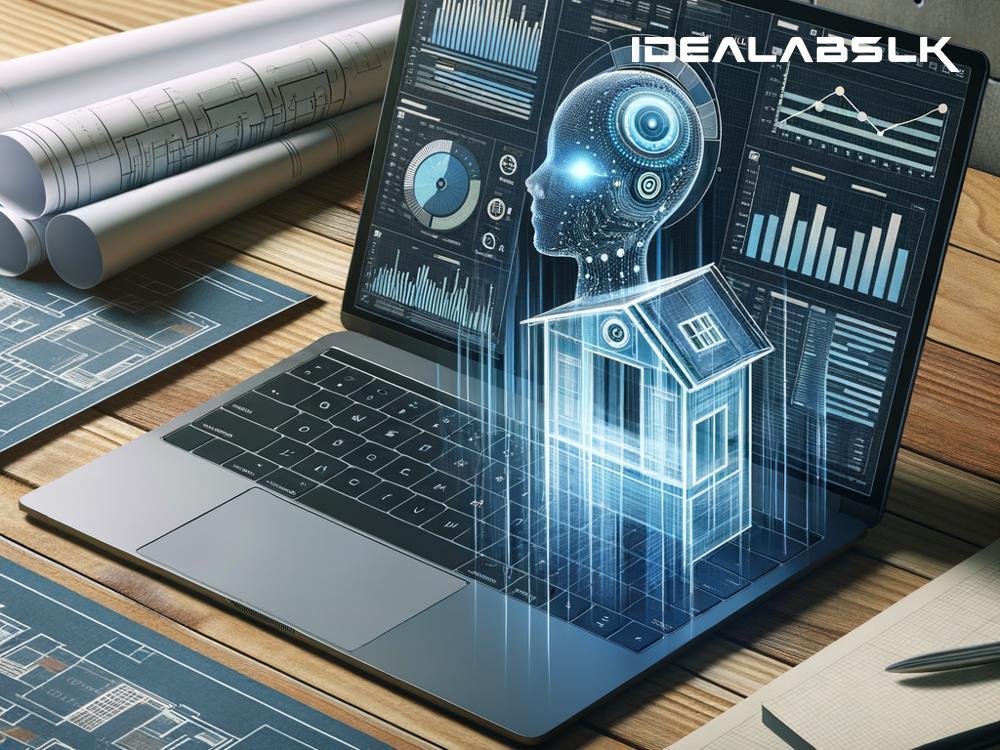AI: The Future of Affordable Housing Investment
In recent years, Artificial Intelligence (AI) has been breaking new ground in various sectors, revolutionizing how we work, live, and interact with the world around us. One of the most promising applications of AI lies within the realm of affordable housing investment. This might sound a bit complex at first, but let's dive deeper and understand how AI is making a significant impact and why it matters to investors, communities, and potential homeowners.
Unpacking the Housing Puzzle
Affordable housing has always been a critical issue worldwide, with many individuals and families struggling to find safe, decent, affordable places to live. The challenge for investors and developers lies in identifying the right opportunities, managing costs, and navigating the intricate regulations that govern housing development. This is where AI steps in, offering innovative solutions to these longstanding problems.
AI: The Game-Changer in Affordable Housing
-
Smart Market Analysis: AI technologies can analyze vast amounts of data from various sources, including market trends, property values, demographic shifts, and even social media sentiments. This comprehensive analysis allows investors to identify emerging opportunities and underserved communities where affordable housing is most needed.
-
Predictive Analytics for Investment Decisions: Through machine learning algorithms, AI can predict the future value of housing projects by analyzing historical data, enabling investors to make informed decisions. This predictive capability is crucial for affordable housing projects, where profit margins are often tighter than in luxury developments.
-
Efficient Land Use and Planning: AI can help in optimizing land use, ensuring that affordable housing projects make the most out of available space. By analyzing zoning laws, environmental constraints, and urban development plans, AI can aid in designing housing solutions that fit within regulatory frameworks while maximizing utility and livability.
-
Cost Reduction and Project Management: Cost overruns can be a significant issue in construction projects. AI-driven project management tools can forecast potential delays and suggest mitigations, helping keep costs under control. Moreover, AI can streamline supply chain management, ensuring materials and resources are delivered just in time and at the best price.
-
Community Engagement and Support: Beyond bricks and mortar, affordable housing is about building communities. AI-powered platforms can facilitate community engagement by gathering feedback on development projects, disseminating information, and even assisting in conflict resolution. This fosters a supportive environment where residents are active participants in shaping their living spaces.
The Ethical Dimensions of AI in Housing
While the potential of AI in affordable housing investment is immense, it's essential to navigate this terrain with caution. There are valid concerns about data privacy, bias in decision-making algorithms, and the displacement of local communities. Therefore, ethical AI practices must be at the heart of affordable housing initiatives, ensuring that technology serves as a tool for empowerment, not exclusion.
Real-World Impact and the Path Forward
Across the globe, there are already inspiring examples of AI being used to support affordable housing projects. From predictive analytics helping to finance homes for low-income families in Africa to AI-driven platforms optimizing the design of energy-efficient homes in Europe. These initiatives not only provide roofs over heads but also contribute to the broader goals of sustainable development and social equity.
Looking ahead, the role of AI in affordable housing promises to be even more significant. As technology evolves, there will be new opportunities to improve efficiency, inclusivity, and sustainability in housing projects. However, it's crucial for investors, developers, and policymakers to work collaboratively, ensuring that the benefits of AI are accessible to all, especially the most vulnerable populations.
Conclusion
The infusion of AI into affordable housing investment is not just about technological innovation; it's about reimagining the future of our communities. By harnessing AI's power, the dream of affordable and decent housing for all is becoming more attainable. It invites us to envision a world where technology and humanity go hand in hand, creating spaces that nurture hope, dignity, and belonging. As we navigate this journey, the potential for positive impact is immense, promising a brighter, more inclusive future for everyone.
Thus, the intersection of AI and affordable housing investment represents more than just a smart business opportunity; it embodies a beacon of hope for millions, a testament to the transformative power of technology when guided by the principles of equity and compassion.

